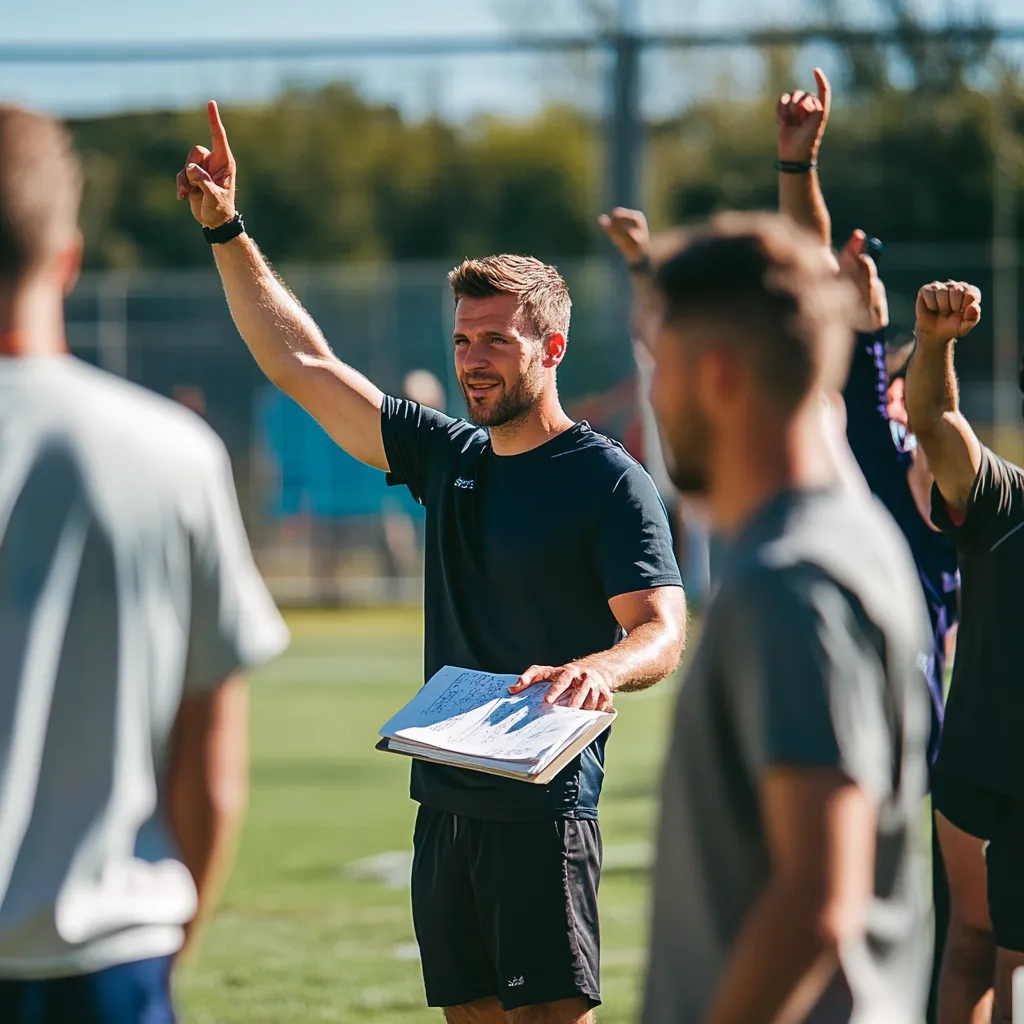The prevention of type 2 diabetes is possible, and the work of health coaches such as "Do Couto", together with innovative programs such as the "MDPP" (diabetes prevention program model), is making a big difference in thelife of people with prediabetes.
What is the MDPP?
MDPP is a structured program that seeks to prevent type 2 diabetes in people with prediabetes.Includes:
- Group support.
- Educational classes.
- Personalized orientation of health coaches.
Since its implementation as an expanded model in 2018, the MDPP has proven to be effective not only in preventing diabetes, but also in reducing the costs associated with health care.
Do Couto, program coach, uses techniques such as the motivational interview, which helps people identify small changes that they can incorporate into their daily lives.This approach respects the disposition of each client to change, focusing on attainable goals.
For example, if someone has difficulty leaving an unhealthy habit, such as eating fast food, do couto guides you to think:
"What is a small change you could make?"
This approach has helped clients as an older woman with multiple chronic diseases to achieve surprising results, including:
- Loss of 20% of your weight.
- Best sleep quality (from 3 hours to 7-8 hours per night).
- Drug reduction.
- Greater physical activity.
According to Dr. Nisa Maruthur, director of the Brancati Center, the benefits of the program van beyond the prevention of diabetes:
- Better hypertension control.
- Cholesterol reduction.
- Greater energy and improvement of mood.
Maruthur points out that a healthy lifestyle can be more effective than some medications, as observed in clinical trials where lifestyle interventions exceeded the preventive benefits of metformin.
Program participants in areas such as Baltimore face unique challenges:
- Limited access to supermarkets, housing and technology.
- Child transport and care barriers.
To overcome these obstacles, the MDPP uses community health workers that:
- They configure technological tools such as zoom in customer homes.
- They connect participants with essential resources, such as food pantries and housing assistance.
- They facilitate motivating activities, such as the adoption of pets to promote exercise.
The success of the program not only lies in the tools and support it offers, but also in the effort and commitment of the participants.As do Couto says:
"They made change possible. I helped a bit, but in the end it was they who really won."
The MDPP shows that small changes can have a significant impact on the prevention of type 2 diabetes and the improvement of the quality of life.With proper support, people can transform their lives and overcome barriers that seemed impossible.
What do you think of this approach based on small changes and community support?
If you have experience with similar programs or want to share your goals, join the conversation in the forum!


